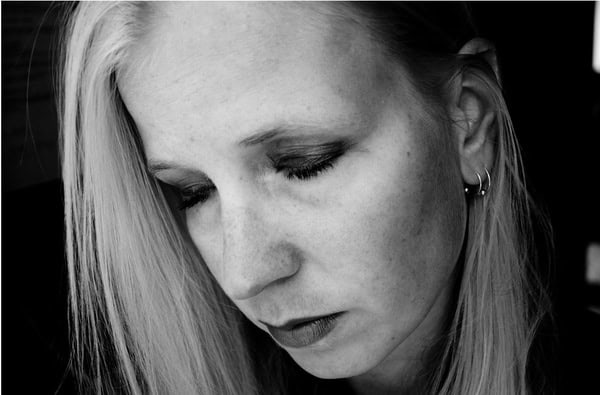DARVO and Family Scapegoating Abuse (FSA): When the Abused Are Revictimized by Their Abuser
One of the more baffling and incomprehensible aspects of being scapegoated by family is being the target of mentally and emotionally abusive behaviors; reacting to the abuse appropriately (e.g., expressing hurt, confusion, anger, setting boundaries, etc), and then discovering that the person who committed the harmful or abusive acts views themselves as the victim – not the one they harmed.



